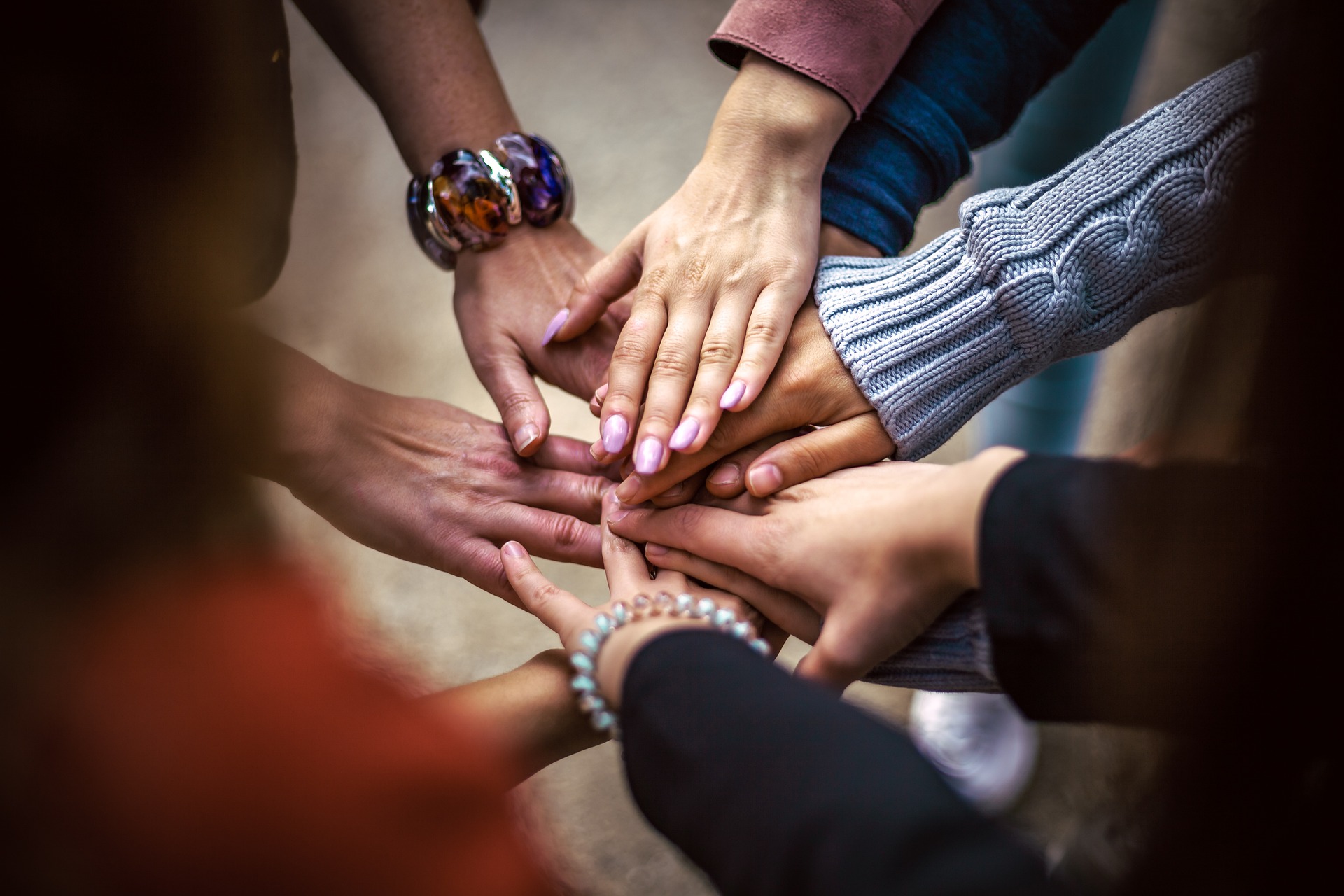Cultural Fusion and Identity in a Globalized World
In today's interconnected world, cultural fusion is reshaping identities and societies in unprecedented ways. Globalization has brought people closer, leading to a blend of traditions, values, and lifestyles. This phenomenon influences how individuals perceive their identities and engage with the world around them. Read below to explore how cultural fusion is shaping modern society and individual identities.
Historical Context: The Roots of Cultural Fusion
Cultural fusion isn’t a new concept; it traces back to ancient trade routes like the Silk Road, where diverse cultures interacted and exchanged goods, ideas, and traditions. Migration has further fueled these exchanges, with people carrying their cultural heritage to new lands. The 20th century’s technological advancements and global travel accelerated this process, laying the foundation for today’s globalized cultural landscapes.
Modern Trends: Blending Cultures in Everyday Life
In contemporary society, cultural fusion manifests in various forms—from cuisine and fashion to language and art. Hybrid cuisines like Tex-Mex or fusion fashion incorporating elements from different cultures are now commonplace. Social media platforms amplify this trend, showcasing cultural exchanges and inspiring people worldwide to adopt and adapt diverse cultural elements into their daily lives.
Identity and Belonging: Navigating Cultural Complexity
As cultures intertwine, individuals often grapple with complex identities. Many people find themselves navigating between multiple cultural influences, leading to hybrid identities that challenge traditional notions of belonging. This complexity can foster a richer understanding of self and others, promoting inclusivity and empathy. However, it can also create tensions as individuals and communities negotiate their place within a multicultural world.
Sociological Insights: Understanding the Impact
Sociologists emphasize the significance of cultural fusion in promoting cultural awareness and reducing ethnocentrism. By embracing diverse cultural elements, societies can break down stereotypes and foster mutual respect. However, they also caution against cultural appropriation, where dominant cultures adopt elements from marginalized groups without understanding their significance, potentially perpetuating power imbalances.
The Future of Cultural Fusion: Opportunities and Challenges
Looking ahead, cultural fusion will likely continue to evolve, driven by technological advances and increasing global connectivity. This evolution offers opportunities for creative expression and innovation. Yet, it also poses challenges in preserving cultural heritage and ensuring equitable cultural exchanges. Balancing these dynamics will be crucial in shaping inclusive and resilient societies that celebrate diversity while respecting individual and collective identities.
In conclusion, cultural fusion is a powerful force transforming societies and identities in our globalized world. By understanding its historical roots, current trends, and potential future impacts, individuals and communities can navigate this complex landscape with greater awareness and appreciation. This journey towards cultural fusion offers a path to richer, more diverse human experiences.





